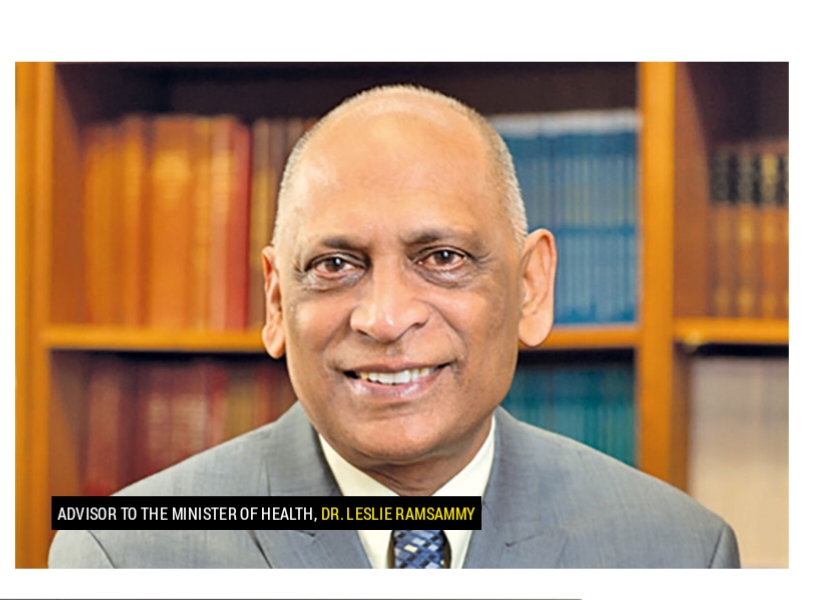For quite some time, citizens have complained about insufficient ultrasound screening services at the Georgetown Public Hospital Corporation (GPHC). It is believed that the institution does not have adequate machines. Contrary to such perceptions, Advisor to the Minister of Health, Dr Leslie Ramsammy, has cleared the air, highlighting that there are enough machines but just a limited number of radiologists.
In an exclusive interview with this publication today, it was posited that the lack of testing services has been an inconvenience to patients at the facility, especially those who are low-income earners. That is because, in most cases, when seeking ultrasound services at the GPHC, patients are referred to private hospitals where they pay for an ultrasound and then return to GPHC for an interpretation of the results as well as a diagnosis from the doctor.
Addressing the current lack of radiologists, Ramsammy said, “It takes five years to train a doctor to be a radiologist. We now have 10. But as we add more services, these doctors are overwhelmed.”
When asked what the government intends to do to remedy the situation, the Medical Advisor noted that there are several undertakings on stream. These include the government’s Radiology Specialist Programme which will continue its training with five new doctors being enrolled each year. Further to that, he indicated that the government is actively seeking to train a special group of technologists to conduct the ultrasound screenings at GPHC. “These (specialists) are called utrasonographers,” he revealed, noting that they are not doctors but are specially trained medical technologists.
Sharing his prospects for the training, Ramsammy stated that “this will leave the doctors to do all the interpretations and diagnostics, while the technologists do the gathering of images (screening)”. According to Ramsammy, government is presently developing that training programme, adding that it should be rolled out soon.
Following the training of these medical technologists, it is expected that the screening services at the public hospital will be improved and will present less of a financial burden on low-income patients who currently have to pay for the service at private facilities.













